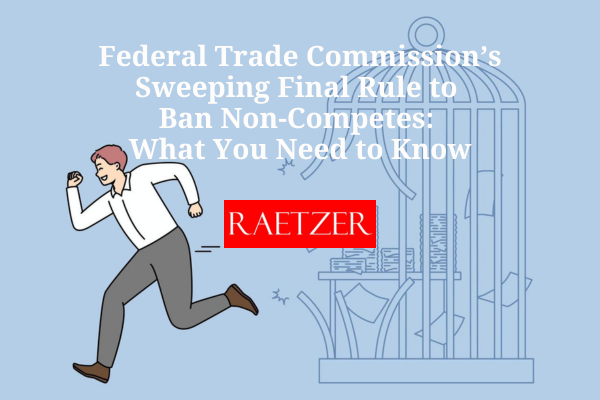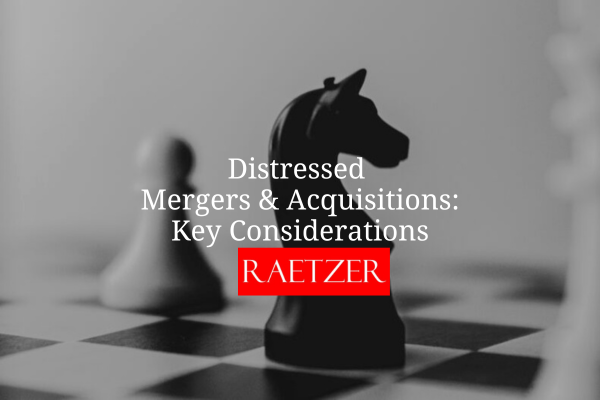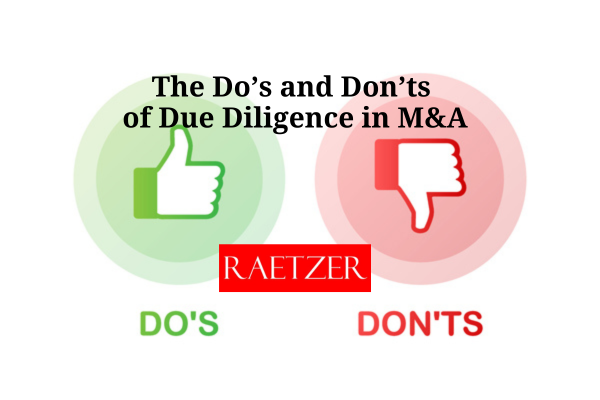UPDATE: On August 20, 2024, a federal judge in Texas, Justice Ada Brown, set aside that rule nationwide, finding that the FTC “promulgated the non-compete rule in excess of its statutory authority.” This means that the FTC’s ban on non-compete agreements will not be enforced or take effect on its effective date of September 4, 2024, or thereafter. You can access the ruling HERE
In April 2024, the Federal Trade Commission (“FTC”) finalized a rule that broadly bans non-compete agreements for employees across all levels, with only narrow exceptions. This decision comes after a lengthy review process, which included almost 30k public comments on the initial proposal from January 2023. Although the rule passed narrowly (3-2 along party lines), it has not yet taken effect, and legal challenges are already underway.
Key Provisions of the Final Rule
The rule bans all non-compete clauses, defined as any term or policy that restricts a worker from seeking or accepting new employment or starting a business post-employment. This definition extends beyond traditional written agreements to include any oral or implied policies that may function as a non-compete.
The FTC’s initial “de facto” test to determine whether a clause functions as a non-compete has been simplified. Now, any term that effectively prevents an employee from pursuing future work or business after leaving the company could be prohibited. However, standard non-solicitation agreements and many non-disclosure agreements are generally not impacted by the new rule, unless they are overly restrictive.
Who is Covered?
The final rule applies to all employees—current and former—regardless of their role, position, or contractual arrangement. The rule prevents new non-competes for senior executives but allows existing non-competes to remain enforceable for those in executive roles prior to the effective date. Executives under this rule are defined as employees in policy-making positions with an annual income of at least $151,164.
Exceptions to the Rule
The rule includes 2 limited exceptions:
- Sale of a Business: The rule does not apply to non-competes linked to the sale of a business or the seller’s interest in the business. Unlike the proposed rule, this final version does not require the seller to own a specific minimum percentage of the business being sold.
- Pre-existing Legal Claims: The rule does not apply to any non-compete claims filed before the effective date.
Additionally, enforcement of a non-compete is not considered an unfair competitive practice if the enforcing party has a reasonable belief that the rule does not apply.
Notification Requirements
Employers must notify workers bound by a non-compete clause that the clause is unenforceable. This notice must clearly state the specific person or company that entered into the non-compete with the worker and be delivered by hand, mail, email, or text message. The final rule provides model language for employers to use.
What’s Next?
The rule is scheduled to take effect 120 days after it is published in the Federal Register. If deemed “significant” in terms of economic or policy impact, it will undergo an additional review by the president before publication. Congress and the Government Accountability Office will also review the rule, and if Congress disapproves, the rule could be nullified.
Legal challenges are already in progress. On the day of the announcement, Ryan, LLC filed a lawsuit challenging the FTC’s authority to enact the rule, arguing it is unconstitutional. Shortly after, the U.S. Chamber of Commerce filed a federal lawsuit seeking to halt enforcement of the rule, potentially delaying its effective date.
What Should Employers Do Now?
While the rule is not yet effective, it may still become enforceable in the future. To prepare, employers should review and potentially narrow restrictive covenants to ensure they are reasonable and focused on legitimate business interests, such as protecting trade secrets, confidential information, or customer goodwill. Limitations should be narrowly tailored in terms of duration, geographic scope, and prohibited activities. Drafting contracts in a way that allows unlawful provisions to be removed while keeping other restrictions intact is advisable. Moreover, employers should avoid using restrictive covenants with lower-level employees unless there is a valid reason.
Should the final rule become effective, all traditional non-competes will be barred, including any terms that effectively prevent or penalize workers for competing after employment ends.




